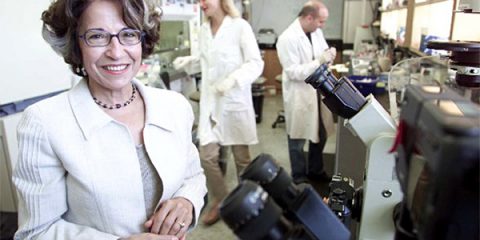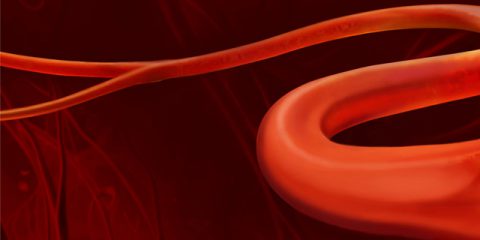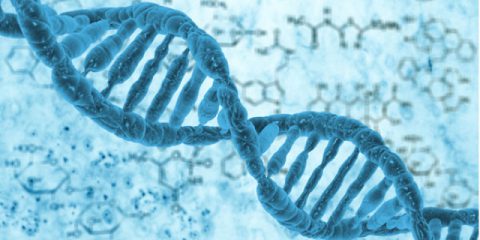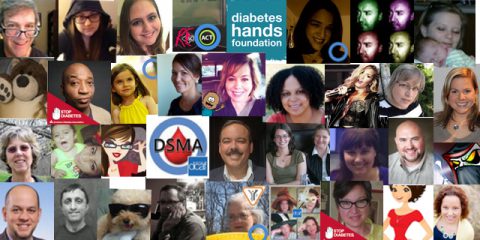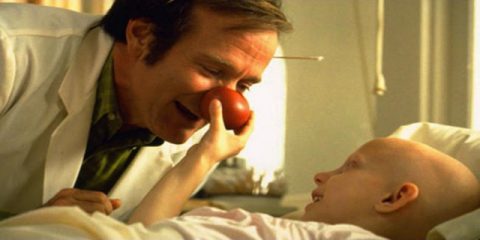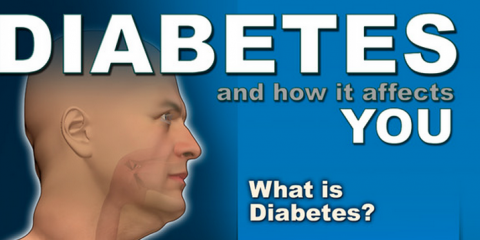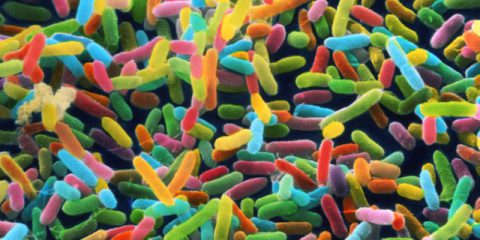One of the most eloquent books about life, love and understanding is called A River Runs Through It. Written in 1976 it starts, “In our family, there was no clear line between religion and fly-fishing…” and takes you on a journey through the natural beauty that is the Black River in Montana where fly-fishing is art and...
Read MoreMental and Physical Health – United!
“There is no health without mental health” This week is Mental Illness Awareness Week (October 5-11). Working at the intersection of physical and mental health is Ann Becker-Schutte, PhD, a Kansas City psychologist whose practice is focused on supporting people impacted by serious illness. “Challenging stigma requires that you have some...
Read MoreWhat’s Up With All The Spoons? Spoonies
Being a Spoonie You may not know it but if you are a patient with a chronic illness, you may be a spoonie. In 2010 Christine Miserandino wrote a post called The Spoon Theory. In the post, Christine describes explaining to her best friend what it really feels like to live with Lupus. She asks her friend to hold 12 spoons and tells her that the spoons are...
Read MoreCancer connected to glucose and microenvironments?
Why does nature repeat the same forms over and over again? This is a question that has driven Dr. Mina Bissell‘s cancer research. In a 2012 TED talk, Dr. Bissell spent 17 minutes summarizing decades of research–asking and answering unique questions that are toppling and evolving our understanding of cancer. Developmental Genetics Her talk...
Read More4 BIG Reasons Blood Pressure Matters
Blood pressure measurement history Before the first sphygmomanometer, doctors put tubes in arteries to measure systolic blood pressure. Happily, in 1881 Samuel Siegfried Karl Ritter von Basch figured out a way to measure blood pressure in a less invasive way, using a rubber ball that restricted blood flow to the artery and attaching that to a column of...
Read MoreBRCA Genetic Screening For All Women: What Do You Think?
“Based on our 20 years’ experience working with families with cancer-predisposing mutations in BRCA1 and BRCA2, it is time to offer genetic screening of these genes to every woman, at about age 30, in the course of routine medical care.” A recommendation to screen all women, around age 30, for BRCA1 and BRCA2 mutations? “many women with...
Read MoreExtra, Extra: The Stanford Medicine X Edition
It’s TIME! Today is the first day of the “leading patient-centered conference on emerging technology andmedicine” the 2014 Stanford Medicine X Conference. For four days, patients, business leaders in new technology, health care professionals mingle, share, explore and learn from each other in amazing surroundings. It’s Silicon...
Read More“The First Time I Knew I Had Breasts” – Leading Male Breast Cancer Advocate Passes
When Peter Devereaux learned he had breast cancer, he was dumbfounded. He wrote in 2009, “It was the first time I knew I had breasts….It is such a weird ordeal not only to have cancer, but to also have a women’s cancer.” Devereaux, like many others with male breast cancer, was caught at a late stage- 3b- in 2008. In 2009, before he’d...
Read MorePatients Helping Patients: The Evolving Diabetes Online Community
In the Beginning Feeling alone in your life journey–with illness as your companion—can make the burden of chronic disease seem unbearable. As Kerri Sparling writes, “For much of my life, I was the only diabetic I knew…. Where were all the people who were living with this disease, like I have been since I was a little girl? Was I the only...
Read MoreAfter Robin Williams’ Suicide: 5 Prescriptions for Change
Losing The Man Who Helped Us Laugh The news that beloved actor and comedian Robin Williams killed himself should jar us from complacently accepting the status quo of mental healthcare in the US. His suicide also exposes the stigma of mental illness. In 2006, during an interview on “Fresh Air,” Williams’ responded to Terry...
Read MoreDiabetes and How It Affects Your Body (Infographic)
Below is a thorough Infographic by Mount Sinai Hospital on diabetes. It describes Type 1, Type 2 and gestational diabetes as well as the impact diabetes can have on your body. Source: Mount Sinai...
Read MoreWhat’s the Connection? Microorganisms and Breast Cancer
Mapping the Human Genome Leads Where? There have been exciting findings since the mapping of the human genome. For example, mitochondrial DNA and Y-chromosome DNA have been used to determine where humans originated and how we populated the earth. The research has found that your close friends are as genetically similar as if they shared a great- great-...
Read More



